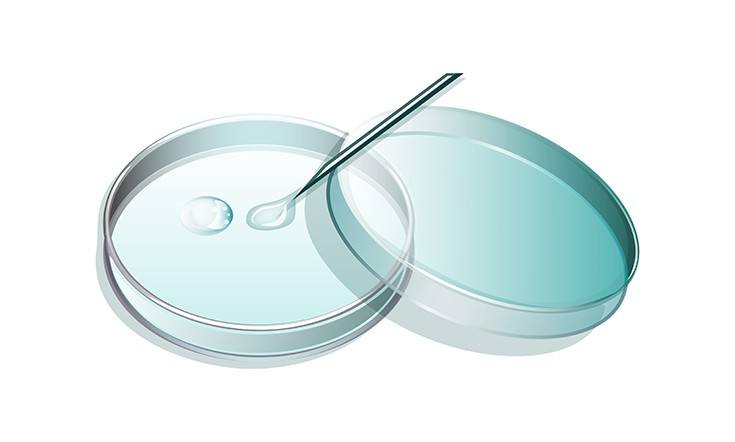

A new fly-in fly-out egg donor service is coming to Australia. A South African-based fertility clinic is flying a group of young fertile women in to Australian to donate their eggs this month. The donors will not be paid for their eggs, but will have all travel and accommodation expenses paid, as well as a chaperone to take them to and from their medical appointments.
Genevieve Uys, founder of Known Egg Donors, the agency behind the trip, says the girls are not doing it for money, and are motivated to help IVF patients realise their dreams of having their own families. She did acknowledge that the prospect of traveling overseas was an attractive proposition.
Uys was clear that the donors understood the emotional ramifications for the families involved and it was not something any of them undertook without careful consideration. The women, aged between 21 and 30, will arrive in Brisbane later this month, have there eggs collected under general anaesthetic.
Their eggs will be fertilised and implanted in Australian recipients. Each recipient has paid $13,600 to Known Egg Donors, and will also incur standard IVF fees. The agency take $3800 of that $13,600.
Under Australian law, egg donors can not be paid, but the donors will receive up to $2500 to cover their living expenses while they are here. Known Egg Donors is working in partnership with Queensland Fertility Group and has so far matched 14 IVF patients. More women will arrive from South Africa in April.
As a last option, many infertile couples have been travelling overseas for egg donation, as a way to get around Australia’s very strict egg donation laws. In Australia, donors can not be anonymous, so the child resulting from the donation, can trace their family history. Along with this, a donor can not be paid for their egg donation. The result is egg donation waiting lists up to seven years long at some IVF clinics. There is no egg donation equivalent to the sperm bank in Australia.
In South Africa women can donate their eggs through an agency but it must be done anonymously. Whereas laws in Australia demand that their identities be known. Australian recipients, through Known Egg Donors, receive a profile with the donor’s medical history, biographical details and photos included. In this instance, all the women donating have agreed to these conditions.
The Fertility Society of Australia stipulate that in order not to contravene the laws surrounding egg donation, the arrangements can not be commercial in any respect, including an inducement to donate (such as international airfares). However, Uys counters this with an explanation that it is no different to Australian-based IVF clinics charging $2000 or more, to coordinate egg donors with recipients.
For those on the front-line, who see the years of longing and heartbreak at not being able to have a family, see it as a step in the right direction, without breaking the egg donation laws.























